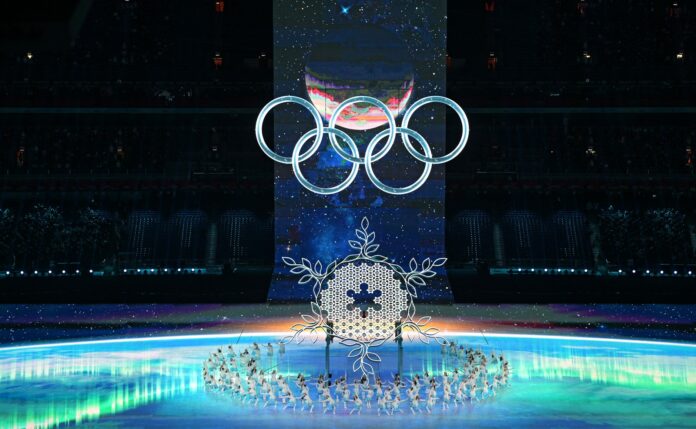For millions of Chinese citizens, the confluence of the Lunar New Year, China’s most important festival and normally the world’s largest yearly human migration, and one of the world’s largest global athletic events, the Olympic Games, will be a once-in-a-lifetime opportunity.
Among the scores of advertisements using American-Chinese celebrity skiers, Eileen Gu appears in a few for the e-commerce site Jingdong which refers to the Lunar New Year. Meanwhile, tales of Gu eating Chinese meals have been generally interpreted as part of her return to China to participate.
However, few firms have truly embraced the opportunity to celebrate both simultaneously, as evidenced by the great majority of marketing and branding linked with the Games. This may be interpreted as a metaphor for the muted global brand response to what could have been a once-in-a-lifetime Olympic chance if Covid and geopolitics had not entered the picture.
Chinese corporations have taken note, increasing their sponsorship spend by 8.9% annually between 2015 and 2019, with over 250 consecutive Olympics-related partnerships in 2020-2021, matching and eventually surpassing esports sponsorship in China.
More than 45 Chinese firms have signed on as official partners, sponsors, and suppliers for the Beijing Winter Olympics, according to Fuse. BBDO Shanghai had an adventure while making the Olympic marketing film ‘The Strength to Move Forward’ for Allianz in China. Due to pandemic limitations in Shanghai, their team was almost unable to attend the shoot.
This was fitting, though, because overcoming hurdles was a major subject in the Allianz short, as it is in many Olympic brand sponsor films that stress athletes’ tenacity. However, instances like these show how simply completing campaigns have become one of the most important goals for advertisers.
The Olympics, on the other hand, are brimming with globally relevant themes and sentiments that brands may capitalize on (dedication, persistence, bravery, support, compassion, strength, endurance). It’s vital to keep in mind that this isn’t a one-of-a-kind situation. This storm, according to the IOC, will pass.
In some ways, Tokyo 2020 and Beijing 2022 are returning global audiences to the Olympics’ older roots, allowing them to see a less commercialized version of the Games.
This may provide an opportunity for both businesses and organizers to reflect on the benefits and drawbacks of Olympic marketing and sponsorship in the future. For the time being, though, both appear willing to merely
Follow and connect with us on Facebook, LinkedIn & Twitter

